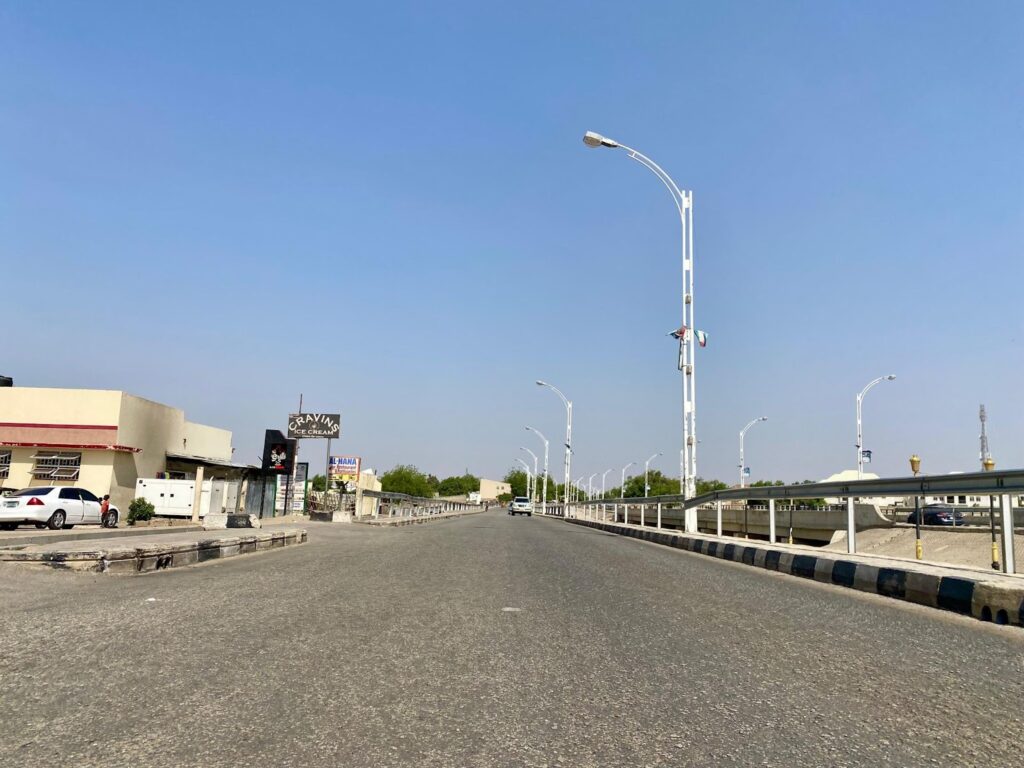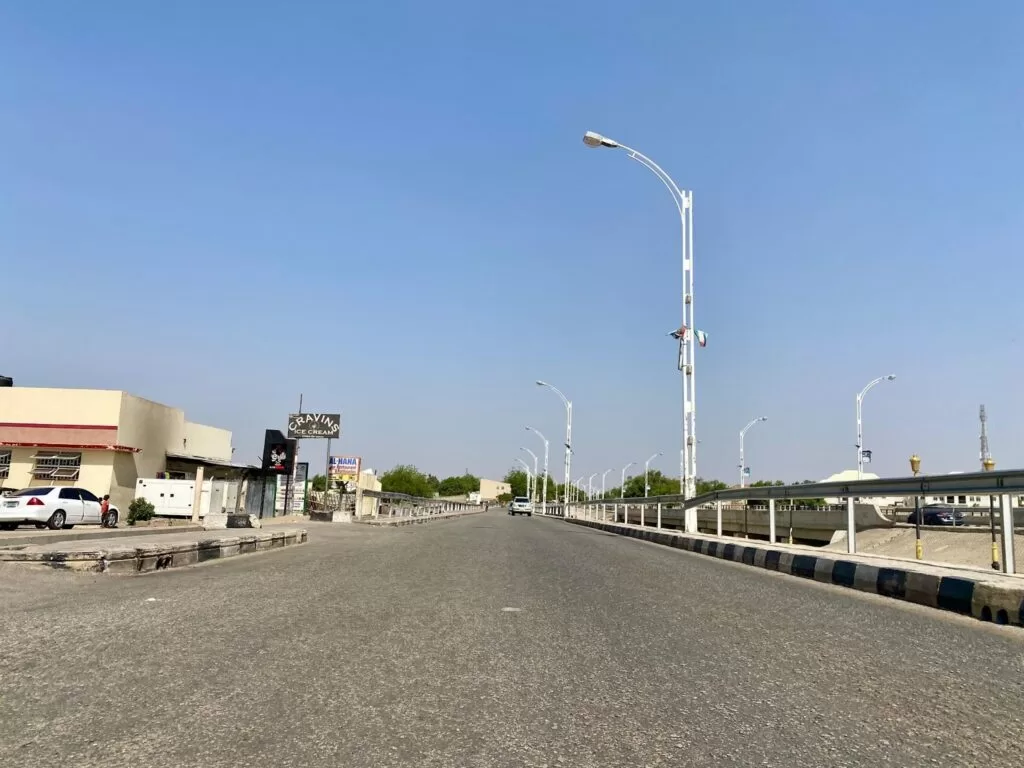Darkness has descended upon towns and villages in many parts of Northern Nigeria following the disruption of two 330kV Ugwaji-Apir Double Circuit transmission lines, impacting the affected areas. The sudden blackouts have grounded activities, slowed down businesses, disrupted lights and sanity, and put residents and locals in difficult situations.
Residents in states like Kano, Borno, Kaduna, Plateau, and Jigawa said they thought it was the usual national grid collapse, hoping it would be restored soon. But their hopes were dashed when they realised the situation was more complex than they had imagined. A few days later, the Transmission Company of Nigeria (TCN) stated that they could quickly restore the tripped transmission line, but there was a problem. The site of the tower vandalism is Shiroro, a town on the shore of Niger state, largely ravaged by rural terrorists and fragments of the Boko Haram fighters.
It is easy to wonder why the transmission line can’t be restored under heavy military protection. Still, there are fears that the terrorists vandalising it might subject operatives to a deadly ambush. Interestingly, terrorists have well-documented records of burying land mines in Shiroro to sway the military. Thousands of people have been displaced in the town, turning many villages into ungoverned spaces.
Amidst soaring inflation, endemic insecurity, and the crippling cost of living, however, residents of Kano, Borno and other affected northern states are struggling to cope with the prolonged power outages.
The blackout ‘nightmare’ in Kano
Over a week without power has transformed daily life into a rollercoaster ride in Kano state of the northwestern region. People grapple with a seemingly endless blackout in hospitals, laboratories, businesses, and homes, and nobody knows when life will return to normal.
At Aminu Kano Teaching Hospital, doctors struggle to treat critically ill patients without a reliable power supply. “This blackout is a nightmare,” said a doctor, requesting anonymity as he wasn’t authorised to speak with journalists on the matter. “We have patients in the ICU [intensive care unit] who depend on machines, yet we can barely keep them running. Generators need fuel, and the cost of running it is unbearable.”
The source told HumAngle that the hospital’s generator is only switched on for emergencies. Other departments get generator power between 9-2 p.m. and 8-6 a.m. daily. This has negatively affected consumables and reagents that need constant refrigeration.
“We don’t know when the power will come back, so we are managing our limited resources. It’s heartbreaking to watch patients struggle and people’s lives being put in jeopardy,” he continued, noting that patients in the ICU and the special care baby unit (SCBU) on life support are also affected.
Laboratory technicians share similar frustrations. Nasiba Babale, a technician in the hospital, said the blackout had forced them to halt testing. Blood sample processing is stalled, with results provided only in emergencies.
“Most samples are still pending since Monday,” she said, referring to at least a week since the start of the blackout.
The economic toll is evident in Kano, a major commercial centre, where the power outages have hit small businesses and informal traders who rely on daily earnings, exacerbating the region’s hardship.
Umar Muhammad, a barber in the state, said he used to buy fuel for about ₦3,000 daily to run his business, but now it costs him as much as ₦7,000. “I rely on electricity to operate my tools,” he explained. “But without power, I am forced to buy fuel for a small generator. Fuel is so expensive now. And the number of customers has not increased. I don’t know how much longer I can survive running the business.”
Others are in even more challenging situations. Mallam Yahaya Abdullahi, who owns a small-scale industry that relies on electricity, said he couldn’t afford to manage staff when there was no work. “I had to ask them to go on no-pay leave,” he told HumAngle.
Residential areas are also hard hit, especially those relying on borehole pumps for water. Binta Adamu, a mother of four in the Kabuga area of Kano, complained about the struggle of fetching water without a powered pump.
“Our pump has been down since the blackout began. My children now have to walk over a distance to fetch water,” she said. “It’s exhausting, but we have no choice.” Others pay exorbitant prices, with the cost of a gallon of water nearly tripling since the blackout started.
The blackout has also affected transportation. After the subsidy removal, rising fuel prices led many northern residents to adopt electric motorcycles. However, charging has become a significant hurdle with the current power crisis.
Kabiru Ahmed, who owns an e-bike in Kano, also expressed his frustration. “Without power, these motorcycles are useless,” he said. “I can’t charge mine, and it’s hitting my mobility hard. We need a solution to these power problems.”
Blurry hope in Borno
In northeastern Nigeria, a weak national grid is not the only concern; the ongoing violent attacks by Boko Haram on public infrastructure like the high voltage electricity distribution line have affected the livelihood of residents. For over a decade, the terrorist campaign of violence in Borno has included frequent attacks on electricity supplies.

After numerous repairs to the damaged electricity supply, a new gas plant in Maiduguri was introduced as a more sustainable solution for Borno State, which has long been at the centre of the Boko Haram crisis. Fueled by natural gas brought directly to the state, this plant represented a major turning point, offering reliable electricity independent of the national grid—something locals saw as groundbreaking.
While much of the country experienced widespread blackouts due to disruptions of the 330kV Ugwaji-Apir Double Circuit transmission lines, residents in Borno initially continued to enjoy uninterrupted electricity. However, three days ago, the gas power plant was shut down, plunging residents into darkness to join others from other parts of the region. No official explanation has been given, but residents have endured four days without electricity.
Hadiza Hassan, a postgraduate student in Maiduguri, shared with HumAngle the daily challenges of studying without reliable electricity. Frequent power outages have complicated her academic journey, often leaving her unable to complete assignments or access online resources. “It is almost impossible to study at night; I have to rely on daylight, which isn’t always enough for all the work I need to get done,” she said.
Even when the option to use a generator is available, Hadiza finds herself unable to afford it due to the high cost of petroleum. “Fuel is ₦1,250 per litre now. For a student, that is just not sustainable. I can’t afford to run a generator every day, so I end up having to study in dim light or simply go without reading anything. This is affecting my education and my future,” she added.
Apart from Niger and Kwara, 17 out of the 19 states in the northern region are affected by the power outages. The situation is severe in places like Kaduna, Kano, Katsina, Jigawa, and Plateau. Residents in Sokoto reported partial electricity supplies, with some areas experiencing complete blackouts.
On Oct. 26, Kaduna Electric, the operator of the Kaduna Electricity Distribution, pledged to restore power as soon as TCN resolved issues. “We deeply empathise with you and promise immediate restoration of supply once we receive from the TCN,” said Abdulazeez Abdullahi, the company’s Head of Corporate Communications. Days later, power remains out, leaving residents struggling with the prolonged outage.
Meanwhile, concerned individuals, groups and politicians have criticised the government for allowing the power outage to thrive for so long. On social media, especially on X, active citizens and public figures have also criticised President Bola Tinubu for not taking a proactive measure to restore power.
On Oct. 26, Northern Senators urged the Federal Government to hasten up repairs of the Shiroro-Kaduna transmission lines to restore reliable power supply. In a statement signed by the Chairman of the Northern Senators Forum, Senator Abdulaziz Yar’adua, on Saturday in Abuja, the senators asked the government to implement measures to prevent future vandalism of power infrastructure in the North.
“The ongoing outages, resulting from vandalism and national grid disturbances, have brought economic hardship, compromised healthcare delivery, and imposed expensive fuel costs on citizens. Small businesses are struggling to operate, hospitals are facing increased running costs, and livelihoods are being severely impacted,” the statement read, urging the government to support renewable energy initiatives.
